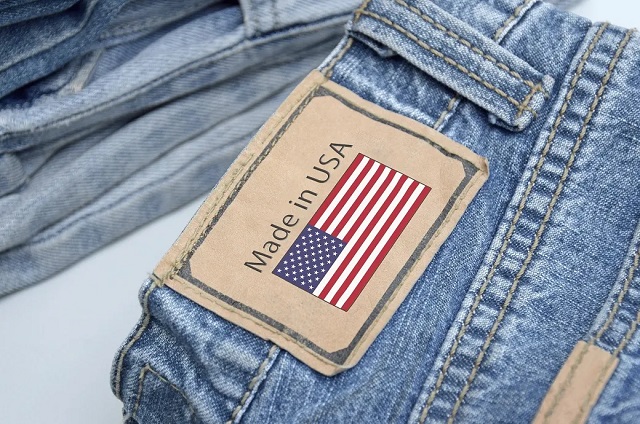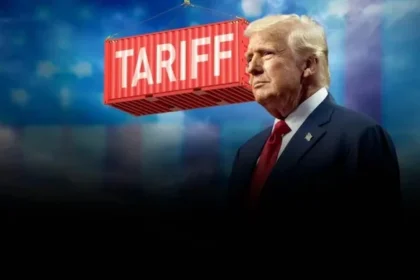Washington, June 22 – As the United States hardens its stance on immigration—through stricter border control, visa delays, and workplace enforcement—its domestic manufacturing ambitions face a serious threat. The phrase “Made in USA,” long championed as a symbol of national self-reliance, is increasingly dependent on the labor of immigrants, many of whom are now being pushed out of the workforce.
In cities like Los Angeles, the garment industry has relied heavily on immigrant workers for decades. An estimated 80% of the city’s garment workforce is made up of immigrants, and a large portion are undocumented. Similar stories echo in food processing, agriculture, construction, and logistics—industries that form the backbone of American production and that cannot easily replace this labor pool.
Economists estimate that if undocumented immigrant workers were removed from the U.S. labor market, GDP could contract by as much as $600 billion. Sectors like apparel, meatpacking, and fresh produce are particularly exposed. Immigrants make up nearly 70% of hog farm labor, over half the construction workers in major metros, and an overwhelming majority of the workers in poultry and vegetable processing.
Many of the same small businesses that moved production back to the U.S. during recent trade wars now find themselves squeezed. Tariffs have already driven up costs for imported raw materials, and now labor shortages are threatening to halt operations altogether. Some factories report cost spikes of up to 75% due to the lack of skilled hands and rising wages. Automation, while accelerating, cannot yet fully replace human labor in the industries most affected.
Industry leaders argue that U.S. manufacturing is simply not feasible without immigrant labor. Native-born Americans are not entering these fields in significant numbers, and without an alternative workforce pipeline, production timelines are slipping, costs are climbing, and some companies are considering moving operations back overseas despite their commitment to domestic sourcing.
Policy analysts warn that if immigration restrictions continue without providing pathways for labor mobility, America’s reshoring dreams may be short-lived. The reality is stark: the very people being excluded are the same ones keeping the “Made in USA” label alive.






